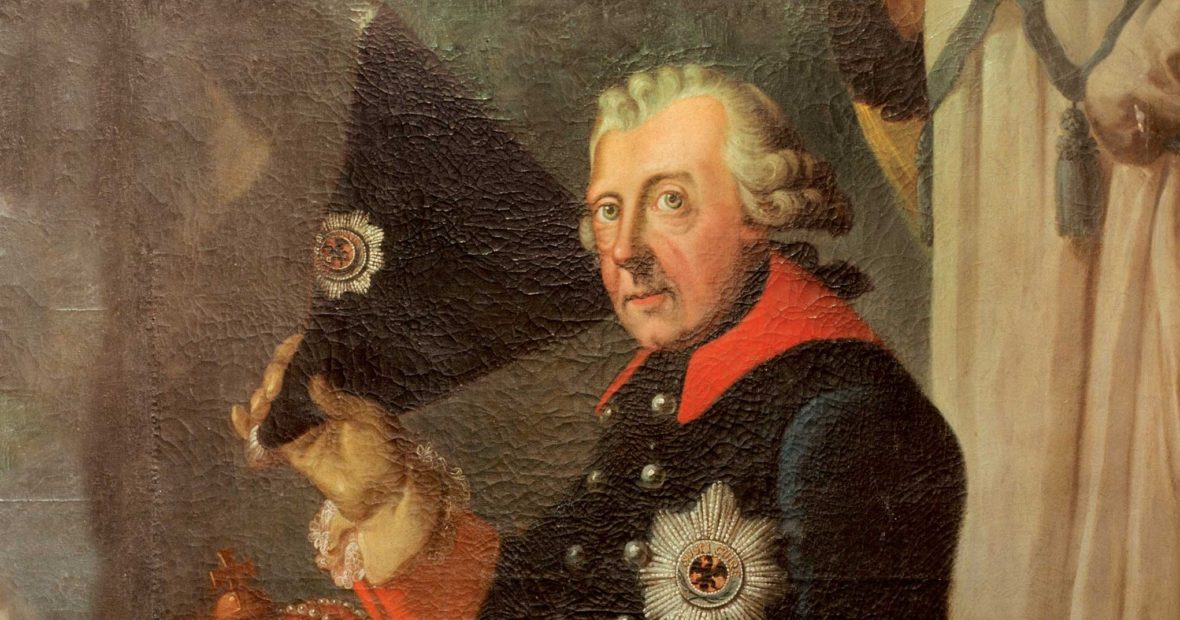Frederick II was King of Prussia from 1740 until 1786, which is the longest reign of any Hohenzollern king. His most significant accomplishments during his reign included his military victories, his reorganization of Prussian armies, his patronage of the arts and the Enlightenment in Prussia, and his final success against great odds in the Seven Years’ War. Take a look below for 30 more interesting and awesome facts about Frederick. II.
1. Frederick was the last Hohenzollern monarch called King in Prussia and declared himself King of Prussia after achieving full sovereignty for all historical Prussian lands.
2. Prussia had greatly increased its territories and became a leading military power in Europe under his rule.
3. He became known as Frederick the Great and was affectionately nicknamed Old Fritz by the Prussian and later by all German people.
4. In his youth, Frederick was more interested in music, philosophy and men than the art of war.
5. One he ascended to the Prussian throne, he attacked Austria and claimed Silesia during the Silesian Wars, winning military acclaim for himself and Prussia.
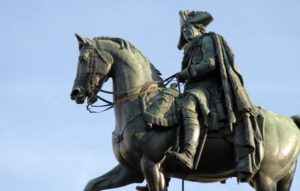
6. Toward the end of his reign, Frederick physically connected most of his realm by acquiring Polish territories in the First Partition of Poland.
7. He was an influential military theorist whose analysis emerged from his extensive personal battlefield experience and covered issues of strategy, tactics, mobility and logistics.
8. Considering himself “the first servant of the state,” Frederick was a proponent of enlightened absolutism.
9. He modernized the Prussian bureaucracy and civil service and pursued religious policies throughout his realm that ranged from tolerance to segregation.
10. He reformed the judicial system and made it possible for men not of noble stock to become judges and senior bureaucrats.
11. Frederick encouraged immigrants of various nationalities and faiths to come to Prussia.
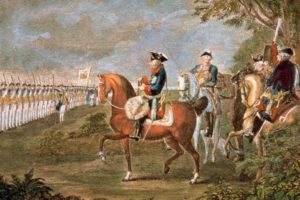
12. Frederick supported arts and philosophers he favored, as well as allowing complete freedom of the press and literature.
13. He is buried at his favorite residence, Sanssouci in Potsdam.
14. Since he died childless, Frederick was succeeded by his nephew, Frederick William II, the son of his brother, Augustus William.
15. Nearly all 19th century German historians made Frederick into a romantic model of a glorified warrior, praising his leadership, administrative efficiency, devotion to duty and success in building up Prussia to a great power in Europe.
16. Frederick remained an admired historical figure through the German Empire’s defeat in the First World War, and the Nazis, ironically enough, glorified him as a great German leader pre-figuring Hitler.
17. His reputation in both East and West Germany became far less favorable after the fall of the Nazi regime, largely due to his status as a favorite icon of the Nazis.
18. Frederick’s father wanted a son who could make Prussia into a great military power. However, his eldest son, Frederick, turned out to be of weak statue, slightly effeminate in his ways, studious and determined to become a flutist.
19. His father upbraided him constantly in public, punished him often and even sought to have his younger son succeed him.
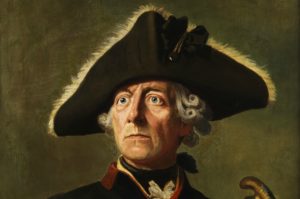
20. When he was a boy, Frederick ran away from home with his best friend, but was captured and returned home. Frederick’s father forced him to watch his best friend get beheaded and then imprisoned him for some time as punishment.
21. Seeing his best friend beheaded would haunt Frederick for the rest of his life in the form of recurring nightmares and visions.
22. Frederick’s father took him to war with him in the hope of stirring some martial ardor in his son, although by that time, he saw the young Frederick as a lost cause.
23. It was Prince Eugene of Savoy, the commander-in-chief and one of the greatest generals of all time who spotted the talent of young Frederick, and when asked if he thought his son would ever amount to anything, Eugene told the king flatly that he would one day be not just a good soldier but a great general.
24. Prince Eugene himself undertook the tutelage of young Frederick in the art of war, and his gentle manner worked where Frederick’s father’s beating hadn’t.
25. Frederick later said that he owed everything to the brief education that was given to him by Prince Eugene.
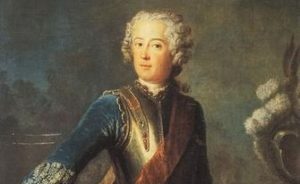
26. Frederick became one of the most enlightened men of his time through study, and become a prolific writer and musician.
27. He undertook the first written history of Charles IX of Sweden, wrote his famous book The Anti-Machiavel and several large tomes on the history of the house of Brandenburg.
28. He jousted in letters with the great Voltaire, the two enjoying a tempestuous relationship.
29. Musically, Frederick produced four symphonies and over a hundred sonatas, and his head was carried at a permanent tilt due to his constant playing of the flute.
30. During the Seven Years’ War, Fredrick successively fought and beat the armies of Austria, Russia, France and Sweden.

